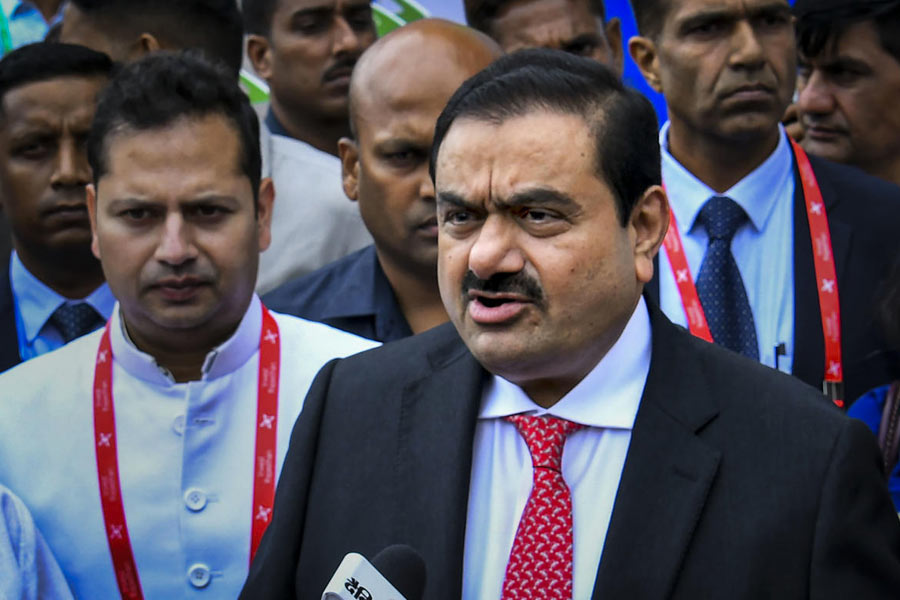The Financial Action Task Force, a Paris-based global watchdog that sets standards for combating money laundering and terrorist financing, released a report on India recently. The Mutual Evaluation Report concluded that India’s measures to prevent money laundering and counter financing of terrorism are achieving good results. While the MER praised India for implementing a system that is “effective” in many aspects, it failed to highlight India’s adoption of a double standard in its approach to combating money laundering.
In the past, FATF recommendations have significantly influenced India’s legislative framework, particularly the Foreign Contribution (Regulation) Act, the Unlawful Activities (Prevention) Act, and the Prevention of Money Laundering Act. These laws have turned increasingly draconian, turning into tools of political repression rather than of effective governance. The FCRA was amended to impose stringent regulations on foreign funding for non-governmental organisations, making it difficult for grassroots bodies to operate if they were critical of the government. Similarly, the UAPA has been expanded to allow arbitrary detention and designation of individuals as terrorists without adequate evidence; it has often been used against activists and minority communities. The PMLA has also been misused by broadening the definition of money laundering, enabling the government to conduct investigations and seize assets without sufficient proof. Such transgressions have raised concerns about human rights violations and the erosion of democratic principles in India.
India has taken a hardline stance against civil society organisations, often using money laundering laws such as the PMLA to force their closure or freeze their assets. In contrast, the Centre has shown a soft approach towards crony capitalists that include corporate actors accused of money laundering and financial scandals. Two prominent examples of this double standard are the government’s indifference to the charges against the Adani Group, which faces accusations of money laundering through shell companies, and the introduction of the electoral bond scheme in 2018.
The Hindenburg report had accused the Adani Group of using shell companies in Mauritius for laundering money. But the Indian government staunchly defended the corporate giant. There have been allegations of India’s regulatory bodies covering up charges against the business entity, leading to whispers that political patronage from India’s ruling regime has shielded the Adani Group from scrutiny in this country. Incidentally, the Adanis continue to face investigations for serious charges of corporate fraud in the United States of America and Australia.
Similarly, the government’s staunch defence of the controversial electoral bond scheme further exposes its selective approach to addressing money-laundering threats. Despite objections from institutions like the Election Commission of India and the Reserve Bank of India, which warned of money-laundering risks, the Centre pushed forward with the scheme. Fortunately, the Supreme Court struck down this scheme in February this year, noting that by ensuring anonymity, the electoral bond scheme ensures that “money laundered on account of quid pro quo or illegal connection escapes eyeballs of the public”.
India’s selective enforcement of anti-money laundering laws exposes its double standards. While civil society organisations face intense scrutiny, powerful corporate and political allies are shielded from the consequences of financial misconduct. This duplicity undermines the very principles that the FATF seeks to uphold. This also reveals India’s willingness to prioritise political and corporate interests over financial transparency and accountability, a strategy that not only subverts the FATF’s objectives but also diminishes India’s credibility on the global stage.
Joe Athialy works with the Centre for Financial Accountability

